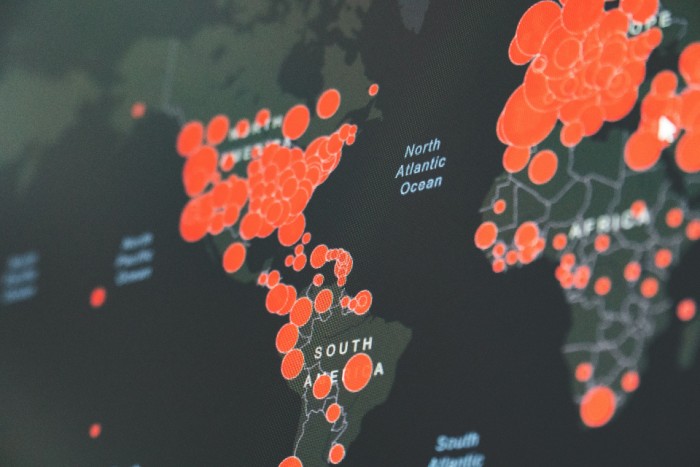Fecha límite para el envío de resúmenes: 30 de junio de 2020.
Aims and Background Since its appearance (Wuhan, December2019), SARS-CoV-2 and the global emergency that followed have raised theoretical and practical challenges in many areas that are worth exploring in a timely manner: medical assistance, public health, economics, social interactions, law and politics. The global crisis that we are all enduring has put stress on many aspects of our highly interconnected lives: the tension between globalization and the national management of the crisis; the harsh constraints over our sociality with other people; the request to trust government and experts in making complex decisions with no time and not enough information about the virus itself. One fundamental aspect of this crisis seems to be the lack of any form of certainty. A wide-spread uncertainty affects agents’ ability to rational reasoning as well as raise concerns about the legitimacy of political decisions with wide-ranging effects on people’s lives. The reliability of means-ends evaluations is endangered by probabilistic uncertainty and from thenormative perspective is exceedingly difficultto establish responsibilities and assess adequate political and social courses of action to deal with the crisis. We are all witnessing public re-evaluations about the theoretical and practical connections between moral and social values, guide lines and normative principles, policies’ goals and the social role of science and experts. Since uncertainty is one of the most fundamental horizons of the philosophical enterprise, we believe that is important to start analyzing this crisis from the normative standpoint of social and political theory. We expect original contributions discussing problems such as (but not limited to):
– The connections between public health and democracy, for example investigating the role of experts in providing epistemic authority in support of highly contested political decisions.
– Democratic procedures under pressure over health emergency, that is, the requirement of granting political legitimacy for decisionsand coercive actionsthat ought to be taken in a timely manner and under deep uncertainty.
-Re-thinking the globalized world and the intersubjective, economic and political interconnections, both at the macroand micro level.
– Welfare models and the different paths to cope with this crisis.
– The role that EU should play –and consequently its responsibility in case it does not take adequate actions –in establishing correct remedies under the perspective of public health as well as envisioning a way out from the economical downturn and high unemployment rates in the foreseeable future for all the member states.
– The far-reaching social consequences of Covid-19that open up debates within theories of justice and distributive (in)equality of wealth, opportunities, mental and body health; etc.
– “The green new deal” and a deeper investigation of the relationship between environmental justice and social justice.
– Human vulnerability and risk management in the face of the Covid-19 challenge.
Submission Details Please send a (.odt, .doc or .docx) file containing a long abstract (1,000 words max) and a title, prepared for blind review with all revealing references to the author removed. All personal information (name, affiliation, and contact) must be submitted separately, along with a short abstract (250 words max).
Deadline for abstract submission is June, 30, 2020. Decisions will be made withintwo weeks. All material should be submitted sending an e-mail to: beatrice.magni@unimi.it and federica.liveriero@unicampania.it Upon notification of acceptance, you will be invited to submit the full paper (9,000 words max, notes and biographical references included) no later than August, 31, 2020. The volume will be published late in the fall of 2020. Further Inquiries Please direct any queries about this call for papers to:beatrice.magni@unimi.it; federica.liveriero@unicampania.it
Más información en: https://www.centroeinaudi.it/calls-centro-einaudi/open/5376-bdl-call-for-articles-2020.html

